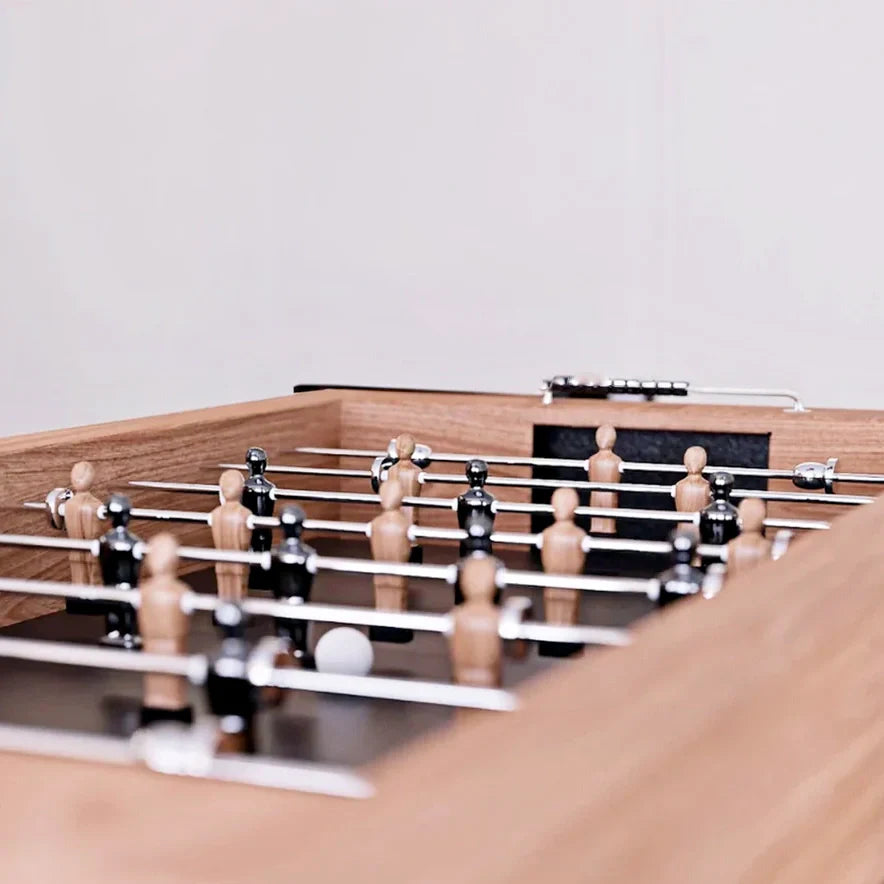Billiards, often perceived merely as a recreational pastime, offers many benefits that extend beyond the physical benefits into significant mental health advantages. Playing pool can enhance cognitive function, foster social connections, and provide effective stress relief, making it an excellent activity for promoting overall mental well-being.
Cognitive Benefits
Playing billiards is a mentally stimulating activity that requires strategic thinking and planning. Each shot presents a unique puzzle, demanding players to think several steps ahead. This engagement enhances critical thinking skills and decision-making abilities, which are beneficial in both personal and professional contexts.
Key cognitive benefits include:
- Enhanced Strategic Thinking: Players must anticipate their opponent's moves while planning their own, fostering a mindset that values foresight and tactical planning.
- Improved Focus and Concentration: The game requires intense concentration on angles, speed, and spin. This level of focus can translate to improved attention in daily tasks outside of billiards.
- Spatial Awareness: Billiards involves practical applications of geometry and physics. Players develop an intuitive understanding of space and movement, which can aid in various real-world scenarios.
- Mental Agility: The fast-paced nature of billiards often requires quick thinking and adaptation to unexpected situations, enhancing mental flexibility.
Stress Relief
One of the most immediate benefits of playing billiards is its ability to relieve stress. The game demands concentration, which can distract players from daily stressors and promote relaxation. Engaging in enjoyable activities like billiards stimulates the release of endorphins—natural chemicals in the brain that elevate mood and reduce feelings of anxiety.
Moreover, the social aspect of billiards contributes to its stress-relieving qualities. Playing with friends or family fosters communication and connection, which are essential for emotional health. Social interactions can significantly improve mood and reduce the risk of depression.
Physical Benefits
While billiards is often seen as a sedentary activity, it does involve physical movement that can contribute to overall health:
- Coordination: The game enhances hand-eye coordination and fine motor skills through precise movements required for aiming and executing shots.
- Low-Impact Exercise: Moving around the table helps burn calories and improve physical fitness without the intensity of more strenuous sports.
- Breathing Techniques: Coordinating movements with breathing can help train both mind and body for better performance.
Social Interaction
Billiards serves as a platform for social engagement. Playing with others encourages interaction, communication, and teamwork—elements vital for maintaining mental health. Regular participation in social activities has been linked to improved cognitive health and emotional resilience.
In Summary
Playing billiards is not just about competition or leisure; it is a multifaceted activity that significantly contributes to mental health. By enhancing cognitive skills, relieving stress, promoting physical activity, and encouraging social interaction, billiards stands out as an excellent choice for anyone looking to boost their mental well-being. Whether you’re a seasoned player or just starting out, incorporating billiards into your routine could lead to a healthier mind and happier life.
Citations:
- 810 Bowling: Tips to Improve Your Pool Game
- Skinny Dogz: Ultimate Guide to Billiards
- CSU Billiards: Secrets & Gems
- Tredway Pools: Boost Your Brain Power
- Billiards by Brandt: Importance of Play
- LinkedIn: Health Benefits of Playing Pool
- DoveMed: Health Benefits of Billiards
- Tri Billiards: Health Benefits of Playing Pool
- HB Home Furnishings: Benefits of Playing Billiards





0 comments